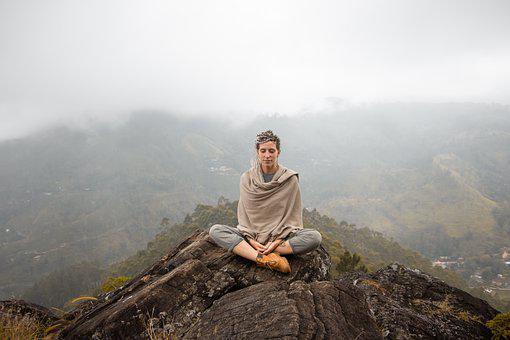Can religion be tolerant? How to conduct a sociological survey “on (in)tolerance” ? What is the role of chaplaincies in prison, but also of travel, cooking, meetings, in opening up to other faiths?
For three days, from Thursday 24 to Saturday 26 February, multiple debates, workshops, visits to places of worship, shows are held in Strasbourg and in various towns in Alsace, as part of the third edition of the Forum des religions. His theme: “Religion and tolerance: mission impossible? »
Alsatian secularism
Among the speakers: theologians, philosophers, writers, associative actors, and representatives of religions in the broad sense. The city, the region, the department and the university (with the faculties of Catholic and Protestant theology) are the organizers, in partnership with the newspaper The world but not cults. A civil look, therefore, on religions.
This format is undoubtedly made possible by Alsatian secularism. A local law of worship leading to a permanent dialogue with the public authorities and a strong tradition of meetings: in Strasbourg alone there are around thirty inter-religious events per month.
“Here, the communities, of all political persuasions, unanimously consider that spiritualities are supports for republican life, factors of pacification in collective life. Moreover, if we are criticized by secular activists on our funding of worship, we are not at all on the promotion and organization of dialogue”, says Jean Werlen, assistant to worship in the city, ecologist, from Strasbourg, proud of the debate on Thursday morning between leaders of worship, including the archbishop of Strasbourg, Mgr Luc Ravel, invited by the mayor of Strasbourg.
“A forum of religions, not religious”
In contrast, “it is indeed a Forum of religions, not religious. It would be a disservice to the cults to suggest that they are the owners of the word on the cults”, further justifies Jean Werlen.
Same tone on the side of the regional council, with a major historical role: for more than fifteen years it has had its project manager for interreligious dialogue, and an interreligious committee that regularly brings together representatives of religions, and organizes various awareness-raising events.
“We had to go further, get out of the polite self-talk, of the word often held by the same representatives, generally men. NOTWe have plans to open the interreligious committee, currently somewhat dormant due to Covid, to intellectuals. It is interesting to bring another look, and sometimes contradiction. We cannot pretend that violence and intolerance do not exist,” comments Gabrielle Rosner-Bloch.
“Stay faithful to one’s tradition and open up to others”
Vice-president of the Grand Est regional council, responsible in particular for interreligious matters, she wants to promote both otherness and “right to piss off God”, as the author of this book, the lawyer Richard Malka, will explain in a conversation on Saturday February 26 with the former minister Najat Vallaud-Belkacem. The event was also prepared by the regional youth council, during a radio program on “La laïcité, a boomer thing? », where the generation gap appeared on this question.
→ READ. Video of college student praying sparks controversy
“We must dare to problematize tolerance. Someone who is rooted in a religion experiences a tension between remaining faithful to their tradition and opening up to others,” commented Karsten Lehmkühler, professor of Protestant theology and president of the scientific council of the Forum, who is keen to avoid jargon at all costs. To his eyes, “academic distance can be beneficial, with one of the effects of also addressing non-believers”.
Father Étienne Uberall, long in charge of dialogue with Muslims for the diocese of Strasbourg (not replaced today), approves of the statement: “Religions are taken into account and this other perspective is useful. Besides, we feel that the border is not so much between religions as within each religion, between tolerant and intolerant. »

